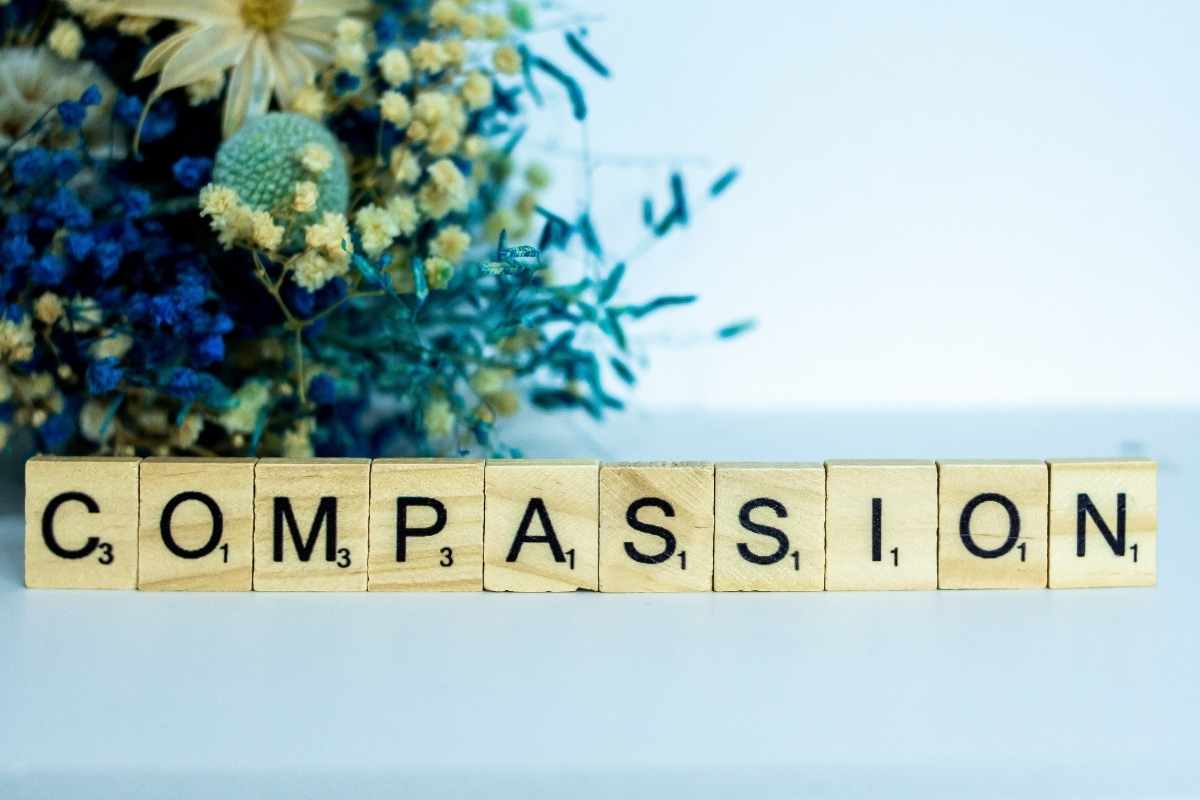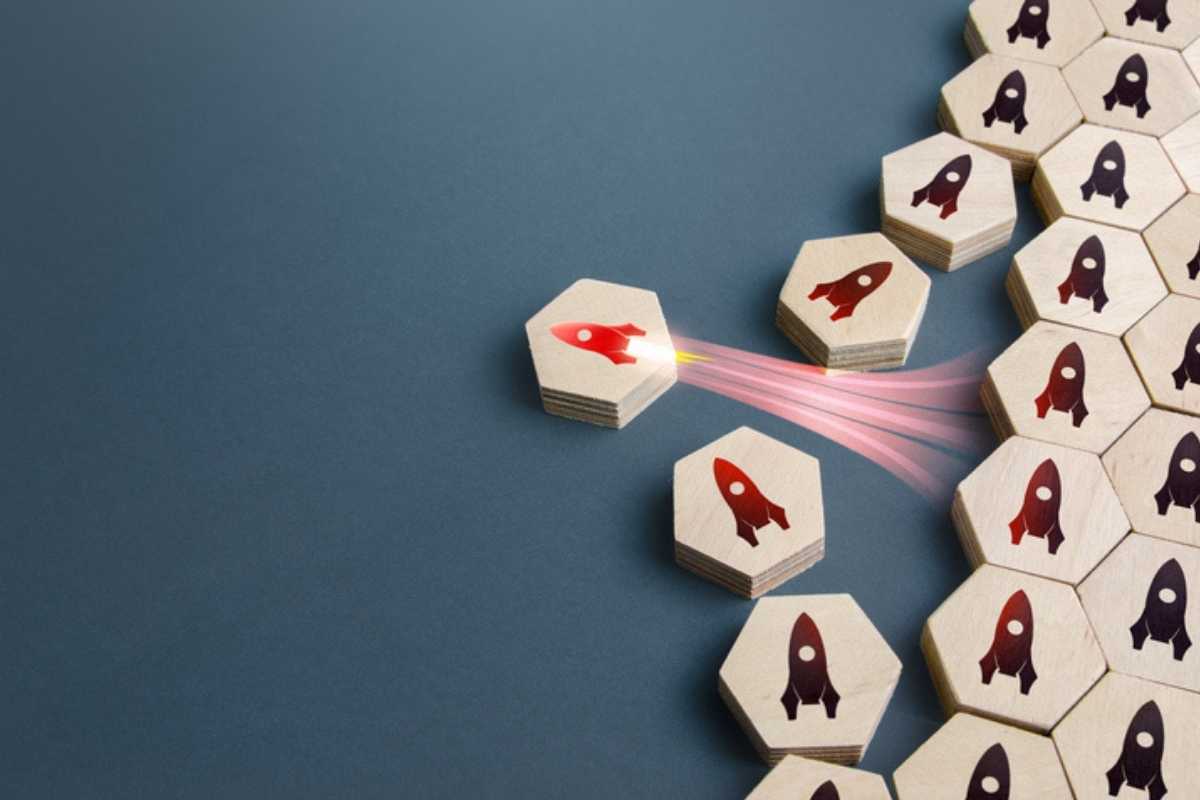December 27, 2017
20. Ten Pathways to a Loving Relationship
Written by Rachel Eddins
Posted in Tools & Exercises and with tags: couples, couples journal exercises

Ten Pathways to a Loving Relationship
(“What’s possible in this relationship?”)
You are in process of letting go of the old to make way for the new. Up to this point in time you have mostly made your partner responsible (and to blame) for the state of your relationship. It is true that it takes two to make a relationship work as it takes two to bring a relationship to present state of affairs; but you are now in a place where you are beginning to recognize that anything less than taking 100% responsibility for your relationship will never work.
The Ten Pathways that follow can be a revolutionary pivotal point in your relational life and can open up the way for you to create positive change beginning immediately. What’s more, these values are all things that are totally within your reach and control because they are already a part of who you are.
By breaking the stalemate of sitting around and and waiting to see who is going to make the first move, you will no longer be the passive victim of your relationship.
#1: I Own My Relationship
Owning my relationship is imply saying that I am responsible for creating my own experience. I am the ruler of my thoughts and I choose the attitudes and emotions that I bring into the relationship. Because I am responsible, I can choose how I act and react to the events of my life.
This means that I can never believe that I am a suffering martyr because of an “unworthy” partner. Only when I stop seeing myself as a victim can I see myself as a fully competent and potent force in my relationship. Because of this, my less than perfect relationship can no longer be a source of despair.
When I am dissatisfied with something in the relationship, I can first look specially at what I am thinking, feeling and doing to cause this lack of fulfillment. By looking at myself first, instead of my partner, I am focusing on something that I can control instead of believing that I am helpless. When I see something that I don’t like, there is always something that I am doing to elicit, provoke, maintain or allow events to happen the way they do.
This does now mean that my partner is not responsible for his or her actions and reactions; but I am giving up trying to blame him or her and realize and take care of my own side of the street. I trust my partner to take care of theirs.
#2: I Accept The Risk Of Vulnerability
While I may have closed myself off from my partner out of a sense of self-protection, it can longer serve me to stand behind a protective shield. It is always possible that I get “hurt” again but the same walls that keep out arrows and spears also keep out kisses and roses. If my partner is “hurtful” in any way when I open myself up, I can work through my hurt and come back again to meet my partner in a meaningful way.
I realize that the “pain” that I feel from hiding my mask is no better than any “pain” I might feel from any actual rejection. I may feel the pain of hiding behind my wall is “safer” but it is still pain nonetheless. I have been controlled by my own fear.
By taking a risk and coming back again I can come out from behind my wall. I can let go of fear and take a risk again. And by taking responsibility for my own emotions and reactions, I can approach my partner in a new way without blame, control or making him or her “bad” or “wrong”. I can share anything when I come from the “place” inside me that says, “This is who and where I am in this moment, in this instant.”
#3: I Accept My Partner
My partner needs acceptance just as I do. I can understand my partner’s needs by understanding myself. I want to be accepted exactly for who, what and where I am in my unending journey toward growth. When I blow it or do something that is hurtful or forgetful, I still need acceptance. And, so seeing this in myself, I recognize that my partner’s need is just the same. Accepting my partner is communicating the message, “I am and remain open to you.”
I must realize that the spirit of acceptance must go on despite our differences in personalty and temperament and despite all the things that I wish my partner was or wasn’t. I must make my partner feel that I am not pushing him or her away just because we have a difference. If I am angry and disappointed about something, I can let my partner know in words or deeds that I am still approachable.
I can always look and find things in my partner that are unacceptable to me. I am not perfect either. But if my focus is on the negative. I am only creating an environment that imprisons rather than promotes growth and change. If any change is to occur in my partner, it will only be the change that he or she decides on his or hew own, not what I think should, ought or must be.
The best I can do is to create an environment for the change to occur and the rest is up to my partner. I can trust that my partner will make necessary “adjustments” based on his or her own potential for growth. I can choose to remind myself on my partner’s assets and qualities and let him or her know what I appreciate.
#4: I Am My Partner’s Friend
Our relationship started as a friendship. I supported and took an interest in what my partner was doing. I gave my partner the benefit of the doubt and overlooked his or her shortcomings. We laughed, we kidded, and we talked about things other than just “problems”. I didn’t communicate to my partner that he or she wasn’t “good enough” nor did I approach my partner with the attitude, “what are you going to do for me to day.”
When we move from friendship to a “serious” relationship and then eventually marriage we took on responsibilities that created complexities we didn’t anticipate. We divided our roles, and the “worlds” we lived in became somewhat separate.
We slowly began to take each other for granted and began to live by unspoken assumptions and expectations of each other rather than truly finding out what was wanted or needed. I often treat my other “friends” or coworkers with greater respect and admiration than I do my partner.
I am able and willing to return to the friendship aspect of my relationship and make this my primary focus. All that requires is a simple shift in my perception. I can let go of living by expectations and demands and replace these attitudes with an awareness of what i can give to my partner’s friend is the friendship I feel in return.
#5: I Promote My Partner’s Self Esteem
While I am not responsible for my partner’s feelings or actions, I am responsible for the atmosphere, which I create in the relationship. That atmosphere can either promote or discourage the development of the positive feelings. An atmosphere of criticism, put downs, name calling or nagging does not promote anyone in my environment to feel good about themselves nor does it promote a positive feeling in myself.
Even when I see my partner behaving in a way that appears less than their highest self or when he or she is doing something destructive, I can respond in a way that promotes true self-esteem rather than tearing down.
I can see their better self rather than their worst self and i can communicate in a way that says, “I won’t tolerate this because i know you are better than this. I know you can respond in a healthier, more positive way. I expect you to be that better person.”
#6: I Am Responsible For My Upsets
My upsets tend to color every aspect of my life. When I do not own my upsets as mine, I tend to project them onto others. And when I project my upsets onto others it seems as if others are causing the upset in me and so my upsets turn into blame. The upsets that I feel may have nothing to do with my partner. I may be carrying upsets from work, from my own family or origin or even about myself. When I do not own my upsets I will tend to take them out on the person whom I am closest to.
By taking responsibility for my upsets I discover that what I “see” in my partner is really a reflection of myself which I refuse to acknowledge. There is an old saying that says, “There is something about that person that I just can’t stand about me”. In truth, my partner is merely a mirror who is reflecting my own state of mind. Only when I “own” my own state of mind can I effectively work through my upsets.
#7: I Am Honest About Who I Am
Just as I will damage my relationship when I dump my anger and frustration on my partner so will I damage it if I withhold my most meaningful and honest feelings. I am entitled to my feelings but I can also be destructive with them. I can dump them on my partner through blame and anger, I can act out through destructive behavior or I can avoid them. But neither of these modes helps me to truly work them through.
There is another way for me to deal with my emotions. I can acknowledge them for what they are. Feelings!! In truth, my feelings don’t mean anything. They don’t mean anything about me and they don’t mean anything about my partner. My feelings just are. When i can allow my feelings to be, and when I can allow my partner’s feelings to be, I won’t need to change them, analyze them, fix them or believe them. I can let them pass and let them go.
I can give myself permission to be honest about who I am when I give my partner permission to be honest about who he or she is. I don’t need to take my partner’s feelings personal and therefore I don’t need to be defensive. When I know that my partners feelings are simply feelings I can hear them without expecting that I must do something about them.
When I approach my partner this way, I am helping my partner to work through the feeling and ultimately let it go. If there is something that partner is asking for in the expression of the feeling I can consider it, weigh it and decide if this something that I can or am willing to do.
#8: I Am Responsible For My Own Happiness
Negative emotions and negative thoughts are part of any relationship. When I give up blaming my partner I can return to myself to evaluate and work through my negative feelings.
Learning to evaluate my thoughts and emotions is a process of exploring what certain emotions are doing to me and for me, and then deciding whether I want to keep the emotion or let it go. My ego wants to be right, and my ego would rather justify keeping my feelings no matter how destructive they are to my peace of mind.
The truth is I want peace of mind and the truth is that holding on to my negative feelings is the source of my unhappiness. My ego actually believes that holding on to my negative feelings is what’s going to create change. My ego not want me to recognize that my happiness is available to me right here and now and is a function of letting go of my negative feelings.
There is certainly nothing “wrong” with asking for what I want and to establish positive conditions in my relationship, but the simple truth us that my happiness is not dependent on it. In actual fact, if there is any one obstacle to having the things I truly want, it is because I am not in touch with my own joy and happiness. My first order of business is therefore “be happy” and all good this will follow.
To be happy is to be at peace within myself. The “war” that sometimes occurs in my relationship is function of the war that is going on inside. I will not settle the war or find peace with another until I find peace within myself. I can get to the source of my unhappiness and then learn to let it go. That source is my negative thoughts and emotions.
#9: I Allow My Relationship To Turmoil
I realize that there are times when upsets and disagreements abound but never do I put the relationship on the line when a problem arises. This means that I don’t “threaten” to throw it away as a lever to manipulate and control.
I can disagree passionately but I do not put the relationship at stake. My relationship is the most important matter in my life. And because I own this relationship, I am determined to transcend the difficulties that inevitably occur.
When the relationship remains unquestioned we can express ourselves openly and honestly without any thought of “being left”. There may be times when I am furious and there may be times when my partner is furious but my commitment remains at 100%. When I am secure, and when my partner is secure, we can work through the upset without fear that it’s the end of the world.
#10: I Strive to Fulfill My Highest Potential As A Human Being.
My personal and spiritual growth is a high priority in my life. As I grow and fulfill my “destiny”, my relationship is also positively affected. My growth as a human being is the nurturance that always brings something “new” to the relationship. When I stop growing, when I settle for less than my heart truly wants, my relationship suffers.
I have a natural impulse toward change and growth but it is essential that I take a risk and actions that make a difference. Challenging myself, trying something new, learning new things or facing my fears will bring a new experience to my life.
As I bring these experiences back to the relationship, the relationship itself is nurtured. And as the relationship is nurtured so do I increase in confidence to develop myself further. My relationship becomes my “home base” to fall back on to inspire my confidence. It is a never-ending, upward spiraling cycle of change and growth.
*Journaling exercises written by Cort Curtis, Ph.D, used with permission.
Grounding & Self Soothing
Get instant access to your free ebook.
















